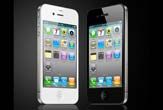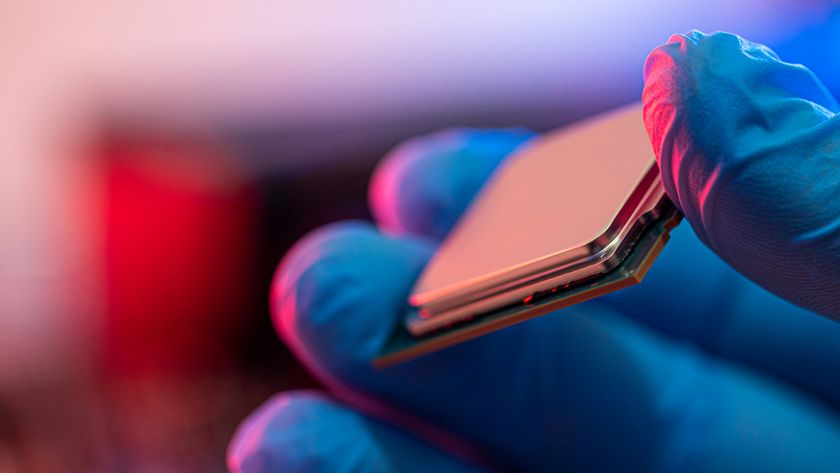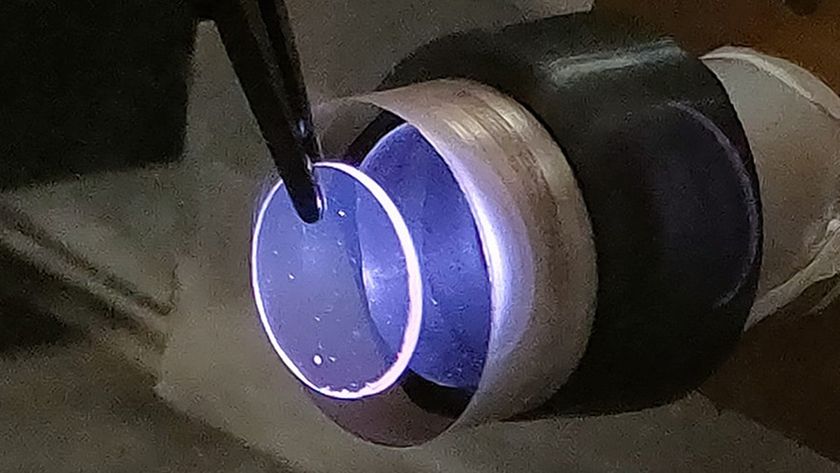
It's not surprising to see some backlash against the recently announced iPhone 4, but many people are already disputing specs and claims made by Apple CEO Steve Jobs during the iPhone unveiling this week. While some of the disputes have merit, a closer look reveals that the disputed facts may not be a big deal in the first place.
Some backlash is fairly subjective. For example, Khoi Vinh, Design Director for the New York Times, penned a piece the day after the announcement pointing out that the iPhone 4's beautiful new screen will still be displaying the same outdated typography that Apple refuses to fix.
While font choices may not be a battle the average person will care about, claims of false marketing leveled against Jobs are far more intriguing.
Raymond Soneira, president of DisplayMate Technologies, was quoted as saying that Jobs' claims about the new high-resolution iPhone 4 display were technically false. Jobs said the 326 pixels per inch (ppi) resolution screen for the iPhone 4's "Retina Display" was high enough that the eye couldn't perceive pixels even from 12 inches away.
Soneira pointed out that while the basic principle behind the claim was correct, the measurements were not. The retina has an angular resolution of 50 cycles per degree. That means, in order to compare it to linear resolution (such as the specs for the iPhone 4 display), it must be converted. Soneira did those conversions and determined that a screen would actually need to have 477ppi in order to truly meet Jobs' claims.
While that may be false marketing, Soneira is actually quick to point out that it doesn't matter that much. His original article praised the iPhone 4 overall, but the one clarification about resolution got blown out of proportion.
"This was not a personal attack against Steve Jobs. I'm actually complimenting Apple while making a technical point," Soneira said in an interview with TechNewsDaily. "I think this [iPhone 4] display is probably the finest mobile display in production. The iPhone 4 challenges the Android phones, and I think the iPhone 4 will be a great phone."
Sign up for the Live Science daily newsletter now
Get the world’s most fascinating discoveries delivered straight to your inbox.
Soneira is well known for pointing out inaccuracies in marketing claims. He often debunks spec myths and points out spec abuse in manufacturer marketing materials, especially in the TV industry. So he says his point about iPhone 4 resolution was just part of his habit of identifying misleading specs. In the big picture, he says, Jobs exaggeration may not matter that much in comparison to normal industry practices.
"Steve Jobs only exaggerated by 32 percent, whereas most display specs are exaggerated by thousands of percent," Soneira said. "I think the iPhone 4 display is outstanding and the iPhone itself is outstanding."
Rival electronics maker Samsung also tried to point out inaccuracies in Jobs claims about the iPhone 4. In his address, Jobs said he considers the in-plane switching (IPS) technology in the iPhone 4's LCD display to be superior to the OLED technology popular in many mobile phones. Samsung rebutted Jobs by pointing out that IPS only has a 3 to 5 percent advantage in sharpness over the AMOLED screen used in the company's Galaxy S smartphone while using 30 percent more power.
Soneira points out that this spec dispute is misleading, too. While OLED is indeed more power efficient than LCD, it's not a better display technology.
"For mobile displays, in my opinion, IPS technology wins, hands down," Soneira said. "OLED is a fine technology, but it needs to be refined. There are still some problems."
IPS offers a wide viewing angle and benefits from decades of developments in LCD technology. OLED, Soneira says, still suffers from image quality problems. He also says that OLED is better for a home theater where the room is dark because OLED produces richer blacks. But in a mobile application where users are in bright light, or even sunlight, the superior brightness of LCD is much more useful.
Of course, this doesn't mean all iPhone 4 complaints are invalid. Soneira mentioned he wont' get one, despite being so impressed by it.
"I won't buy an iPhone 4 because of the AT&T network. Service is iffy out where I live," he said.












